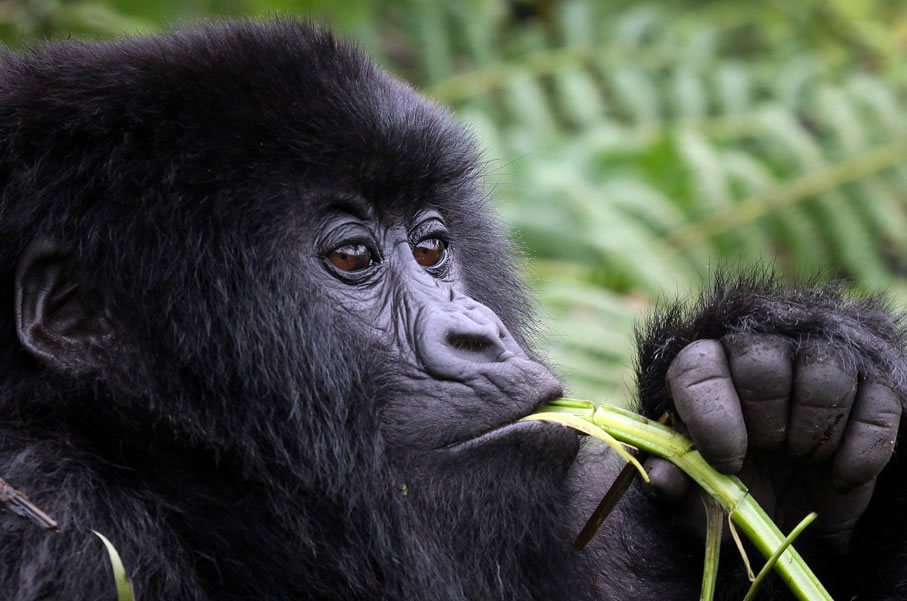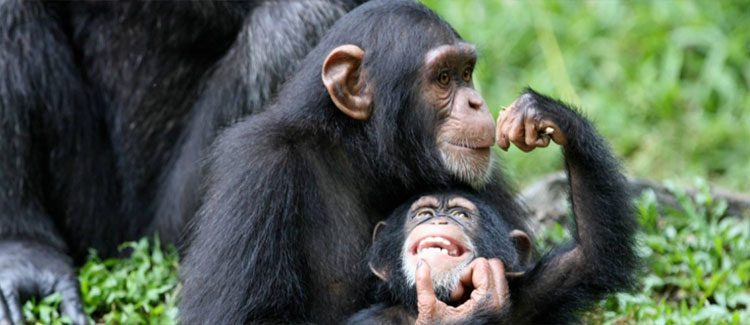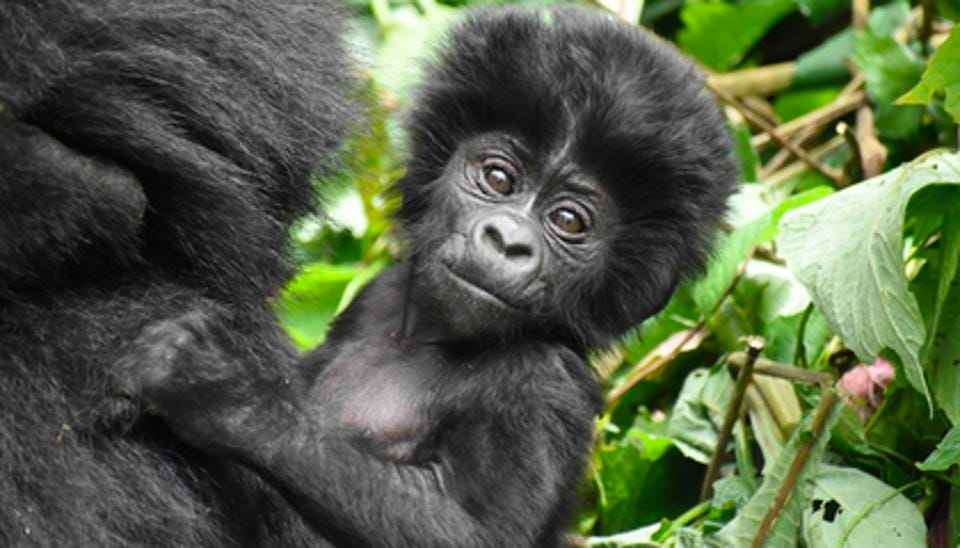
Mysteries of Chimpanzee and Gorilla Habituation in Uganda
Unlocking the Mysteries of Chimpanzee and Gorilla Habituation in Uganda. Uganda, often referred to as the “Pearl of Africa,” is renowned for its rich biodiversity and extraordinary wildlife encounters. Among the most sought-after experiences are chimpanzee habituation and gorilla habituation, offering enthusiasts an unparalleled opportunity to immerse themselves in the captivating world of these magnificent primates. In this comprehensive guide, we delve deep into the intricacies of chimpanzee and gorilla habituation, exploring the habitats, behaviors, and conservation efforts that shape these remarkable encounters in Uganda.

Understanding Chimpanzee Habituation
Chimpanzees, our closest living relatives in the animal kingdom, inhabit the dense forests of Uganda, where their complex social structures and behaviors have long fascinated researchers and wildlife enthusiasts alike. Chimpanzee habituation is a unique process that involves gradually acclimating wild chimpanzee communities to the presence of humans, ultimately allowing for up-close observations and interactions. In Uganda, one of the prime destinations for chimpanzee habituation is Kibale National Park, a verdant haven teeming with biodiversity.
The Chimpanzee Habituation Experience
Embarking on a chimpanzee habituation experience in Kibale National Park. This is a journey into the heart of the forest. Here, the intricate rhythms of chimpanzee life unfold before your eyes. Led by experienced guides and researchers, participants have the rare opportunity to track. Also, to observe semi-habituated chimpanzee communities as they forage, socialize, and navigate their lush surroundings. Unlike traditional chimpanzee trekking, which typically allows for a brief encounter, habituation experiences extend for several hours, providing unparalleled insights into the daily lives of these charismatic primates.
The Gorilla Habituation Experience: A Once-in-a-Lifetime Encounter
Gorilla habituation, similar to its chimpanzee counterpart, offers intrepid travelers an immersive experience with one of the world’s most endangered species: the mountain gorilla. Nestled within the mist-shrouded forests of Bwindi Impenetrable National Park, gorilla habituation involves habituating wild gorilla groups to human presence, a process that can take several years to complete. However, the rewards of participating in a gorilla habituation experience are immeasurable, offering a rare glimpse into the intricate dynamics of gorilla society.
Exploring Bwindi Impenetrable National Park
Bwindi Impenetrable National Park, a UNESCO World Heritage Site, serves as the backdrop for gorilla habituation experiences in Uganda. This biodiverse paradise encompasses dense montane forests, cascading waterfalls, and rugged terrain, providing a sanctuary for both mountain gorillas and a myriad of other species. As participants venture deep into the heart of Bwindi, guided by expert trackers and conservationists, they are transported into a realm where time stands still, and the ancient rhythms of nature reign supreme.

The Ethical Dimension: Conservation and Sustainability
Central to both chimpanzee and gorilla habituation experiences is a commitment to conservation and sustainability. As Uganda strives to protect its fragile ecosystems and endangered species, responsible tourism practices are paramount. From supporting local communities to minimizing environmental impact, ethical considerations underpin every aspect of chimpanzee and gorilla habituation, ensuring that future generations will continue to marvel at the wonders of Uganda’s natural heritage.
Conclusion
In conclusion, chimpanzee and gorilla habituation experiences in Uganda offer a gateway to the extraordinary world of these iconic primates. From the dense forests of Kibale to the misty mountains of Bwindi. Each encounter provides a rare opportunity to connect with nature in its purest form. As travelers embark on these immersive journeys. They not only gain a deeper understanding of chimpanzees and gorillas. But also become stewards of conservation, safeguarding Uganda’s precious biodiversity for generations to come.
Checkout our popular safaris:






